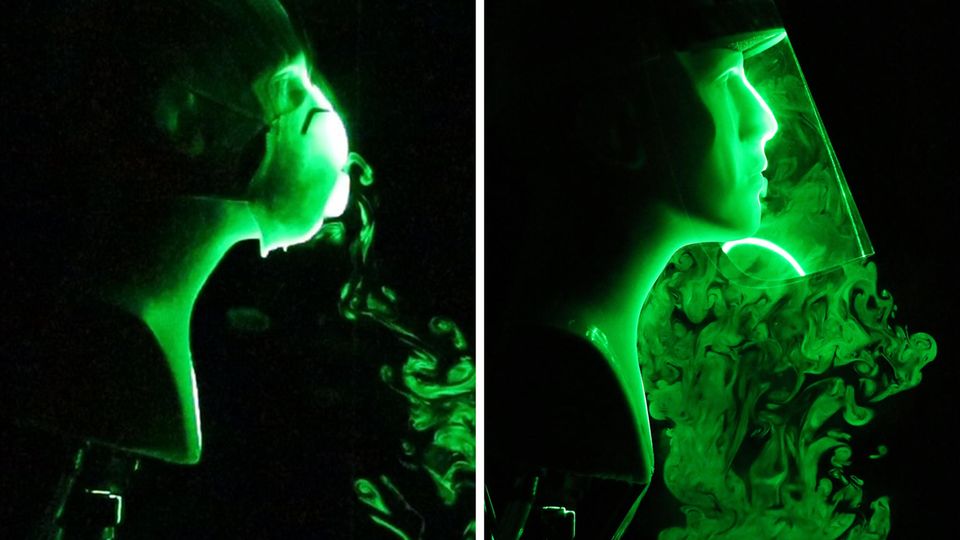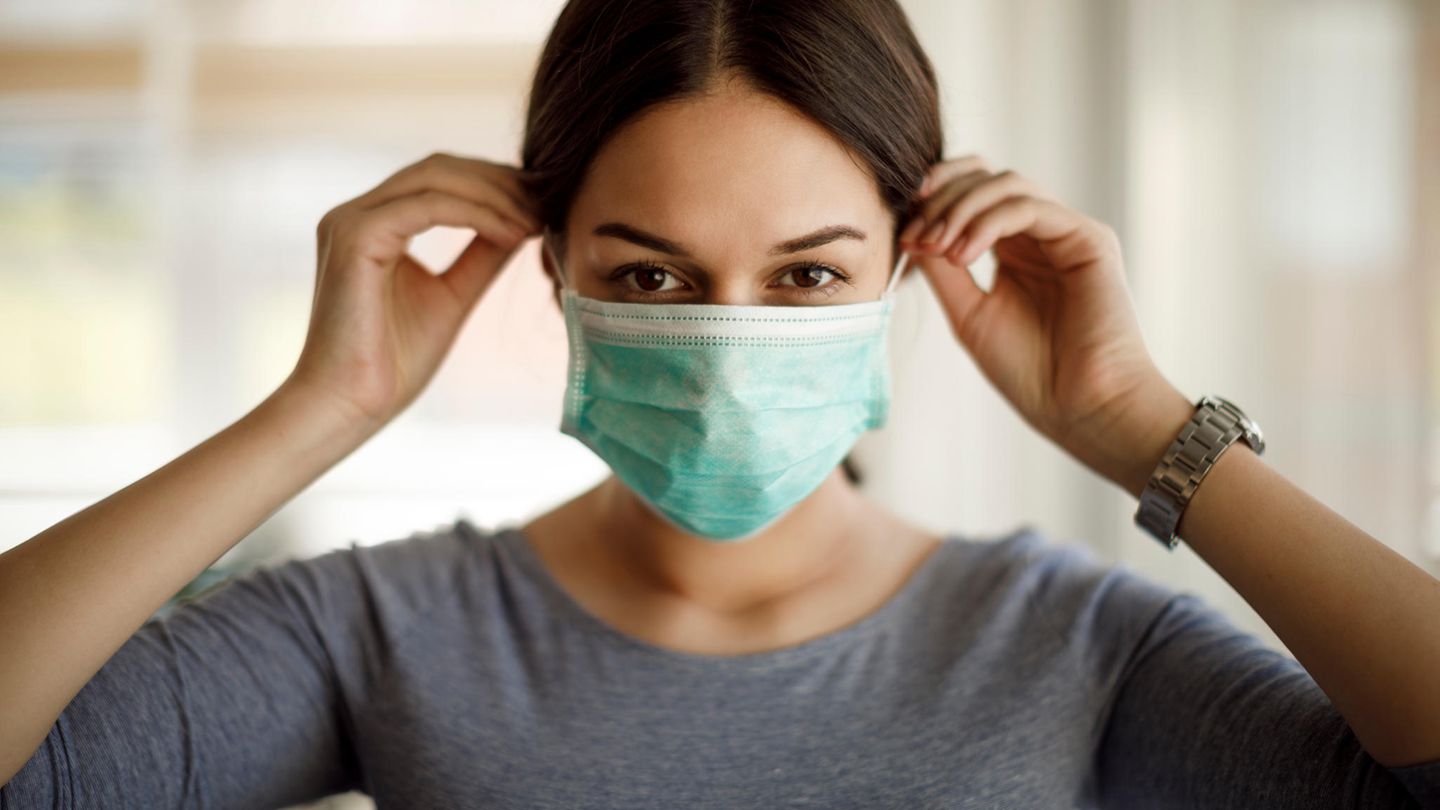Whether in a restaurant or at private parties: masks are not required everywhere. Is there any point in wearing one yourself when no one else is doing it? The answer is clear.
Masks are required in many places, for example on buses, trains or in the supermarket. It is different at the table in the restaurant or in the fitness studio: Here, entry is regulated via 2G or 3G – there is no general mask requirement. But many people ask themselves: Can I protect myself with a surgical or FFP2 mask, even if nobody else is wearing one?
The answer is yes. And: More protection is to be expected from a well-fitting FFP2 mask than, for example, from a thin surgical mask, but this too is better than nothing.
When to optimally protect masks
It is important to emphasize, however, that the mask unfolds its full potential when everyone in a room wears it. The reason for this is obvious: if an infected person is present, virus-containing droplets and aerosol particles are caught directly at the source and cannot even accumulate in the room air. Individual particles that overcome this hurdle have a high probability of sticking to the outside of the other masks at the latest. In other words: if everyone wears masks, everyone benefits, since the protective effect of self and external protection is mutually reinforcing.
However, this does not mean that your own mask is useless if the other person is not wearing one – on the contrary: researchers from Tokyo were able to show that wearers definitely benefit. Even a simple cotton mask reduced virus absorption by up to 40 percent compared to no mask. Surgical masks performed slightly better, and a professional N95 mask with a perfect fit (most comparable to FFP2) blocked up to 90 percent. However, laboratory studies cannot be transferred one-to-one to everyday life; many factors play a role, including the virus concentration in the air.
Pay attention to a good fit and combine protective measures
If you want to be on the safe side, you should choose a mask with a high level of self-protection (FFP2) and ensure that it fits properly – this is also what emergency doctors or nurses do when dealing with patients, for example. But surgical masks and cloth masks are also better than nothing in everyday life, for example when no FFP2 mask is at hand.

It is important to know that even the best masks do not protect 100 percent against infection, especially not when the air is full of viruses. High virus concentrations can be expected in closed, poorly ventilated and heavily frequented indoor spaces, for example in discos, bars and restaurants. Additional protective measures such as keeping your distance and / or ventilation should also be taken into account here.
And: The best protection against Covid-19 is still vaccination.




